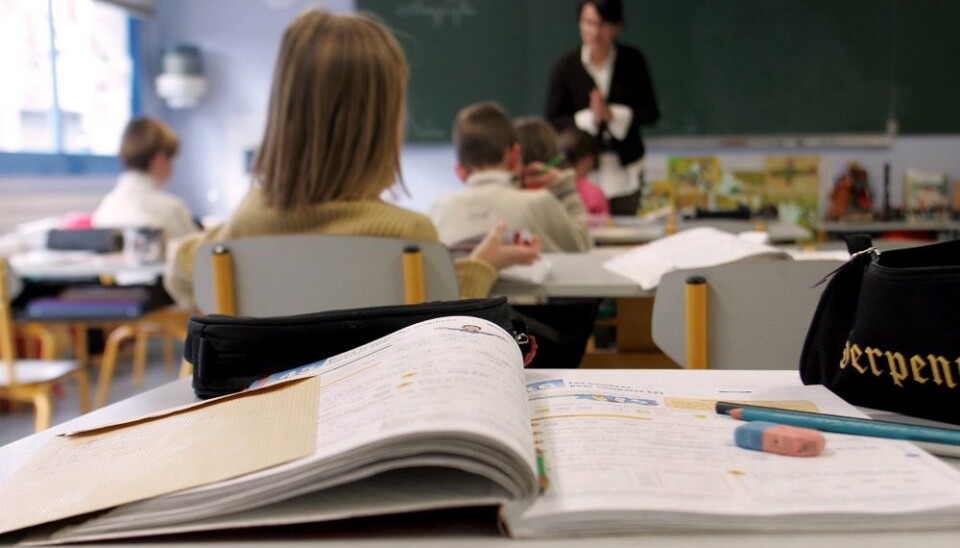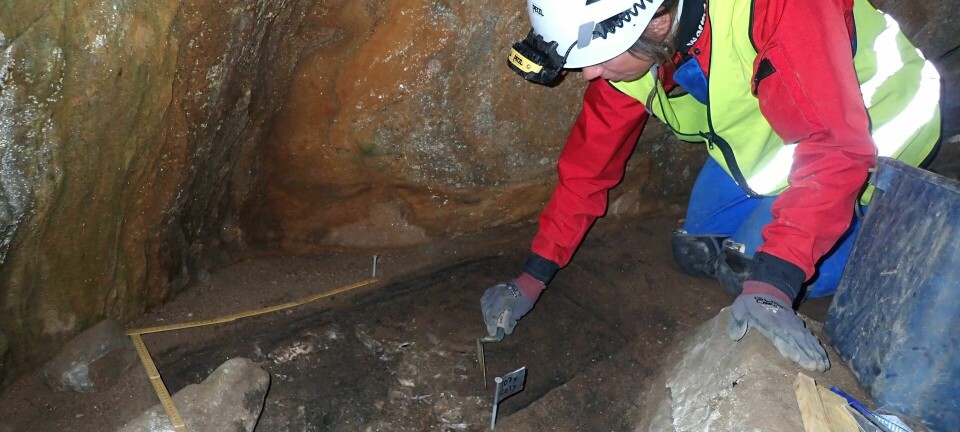An article from Norwegian School of Economics (NHH)

Good school buidlings make for better students
But despite this positive effect, school buildings in Norway are in a state of disrepair.
"People who like their jobs work hard. That’s the way it is in the workplace and it’s not surprising, therefore, that students’ efforts can also be negatively influenced by miserable surroundings in schools," says postdoctoral fellow Arnt Ove Hopland of the Department of Finance and Management Science at NHH.
He has published several scientific articles in the past few years in which he examines the maintenance situation for municipal buildings.
Satisfied with school
In several studies, he has turned his attention to school buildings in order to investigate whether their state of disrepair has consequences for the students’ work and learning. Since students are regularly tested in different ways, he can compare their results with their views on the schools they attend. They have answered a questionnaire (The Student Survey, developed by the Directorate for Education and Training), which provides answers to how the students themselves regard their social and physical learning environment.
"Typically, it is engineers that have examined the buildings and assessed their condition, but school students and engineers may have different ideas about what is important and how they are affected by it," says Hopland.
In one of the studies, he checked the connection between the learning environment and the students’ performance. In another, he looked at how student satisfaction correlates with effort at school and at home.
If you are satisfied at work, there is no doubt that you work harder.
This is also the case for school students. If the students are happy with the school building itself – that the changing rooms, showers and toilets look reasonably good and that the paint and wallpaper isn’t hanging off the walls – it does something to their motivation.
"It’s almost impossible to use this kind of data to analyse marginal causal effects, but the results clearly indicate that students who are satisfied with their school work better. Some differentiate between these things, suggesting that high satisfaction and working hard are in opposition to each other. Students who are satisfied do good work. We thus see that the standard of the buildings correlates with the students’ efforts in the classroom."
Parents decide at home
The effect only applies to what happens at school, not to homework.
Hopland believes that politicians should also take note of this.
"It suggests that satisfaction helps to stimulate work effort at school, while it is largely the parents who decide how much time and effort is spent on homework in the home. We are now starting to see some indications that the buildings have an effect on effort."
Hopland thinks it would be interesting to view this from a broader perspective – for example, whether municipalities that have well-maintained buildings provide better services.
One delay after another
"If it is correct that the provision of services is not affected in any way by the condition of buildings, then it is possible to say that maintaining them in good condition is not all that important. The municipality can build a building, preferably as cheaply as possible, and use it until it is no longer fit for its purpose before building a new one."
"As the situation for schools appears to be today?"
"That’s part of what we are seeing in practice. Buildings are used until they no longer function and are in breach of technical regulations."
"Why do municipalities constantly postpone maintenance of the buildings?"
"This can largely be explained by two factors. Financial muscle is of course important. If you have a lot of money, you will generally have a better chance of fixing things. But this is very dependent on political muscle and how fragmented the municipal councils are. If they have many parties of equal size that have to negotiate about all budget items, municipal buildings will be given low priority. They will then constantly put things off."
Municipalities that borrow funds
However, municipalities with big dominant parties and a stable majority are more capable of long-term prioritisation.
"You can compare it with municipal borrowing: A high degree of political fragmentation causes municipalities to borrow more. They are unable to keep their expenditure down."
"Do mergers of municipalities put maintenance of schools at risk, since local politics will become even more fragmented?"
"If municipalities are merged, this will lead to more divergent interests and short-term policies, but the Government seems to be willing to invest a lot of money to ensure a smooth transition, so that the municipalities can largely be governed as before. My fear is that the Government will sweeten the pill to such an extent that the reform won't result in much savings at all, at least not in the short-term."
Scientific links
- Abstract: Arnt Ove Hopland and Ole Henning Nyhus: Learning environment and student effort. International Journal of Educational Management. 2016.
- Abstract: Arnt Ove Hopland and Ole Henning Nyhus: Does student satisfaction with school facilities affect exam results?: An empirical investigation. Facilities. 2015.
































